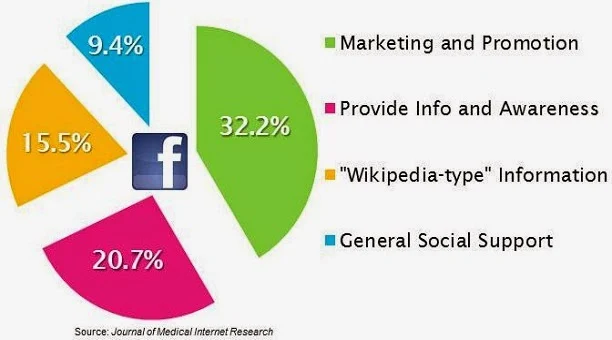Our continuing research done by appears to corroborate earlier studies about decreased efficiency and decreased patient volume with the implementation of electronic health records.
Doctors say they waste on average up to four hours per week when using electronic health records, according to a research letter in JAMA Internal Medicine, U.S. News & World Report reports.
Research Letter Details
For the research letter, researchers from the National Library of Medicine's Lister Hill National Center for Biomedical Communications analyzed the results of a survey conducted in December 2012 by American College of Physicians (Leonard, U.S. News & World Report, 9/8).
The survey consisted of 19 questions and received responses from 411 internal medicine attending physicians and trainees who worked in an ambulatory practice and used an EHR system (McDonald et al., JAMA Internal Medicine, 9/8).
Findings
A difference was noted between practicing clinicians and trainees (residents).
The research letter, which was presented Monday at the National Library of Medicine, found that the mean loss of time for physicians was 48 minutes per day, compared with a mean loss of 18 minutes per day for trainees (U.S. News & World Report, 9/8).
Specifically, the research letter found that after EHR implementation:
- 89.8% of respondents said at least one data management function was slower;
- 63.9% of respondents said the time spent taking notes increased;
- 33.9% of respondents said the time spent finding and reviewing patient data took longer; and
- 32.2% of respondents said they spent more time reading other clinicians' notes (JAMA Internal Medicine, 9/8).
The authors wrote, "We can only speculate as to whether better computer skills, shorter (half-day) clinic assignments with proportionately less exposure to EMR time costs, or other factors account for the trainees’ smaller per-day time loss"
Author: Our experience is that trainees are often using a particular EMR for the first time, which does not require an 'unlearning experience" and that trainees (who are younger were brought up with computers during high school, elementary school, and college), in addition to their immersion in social media. Some or all of these traits explain the difference in the findings.



